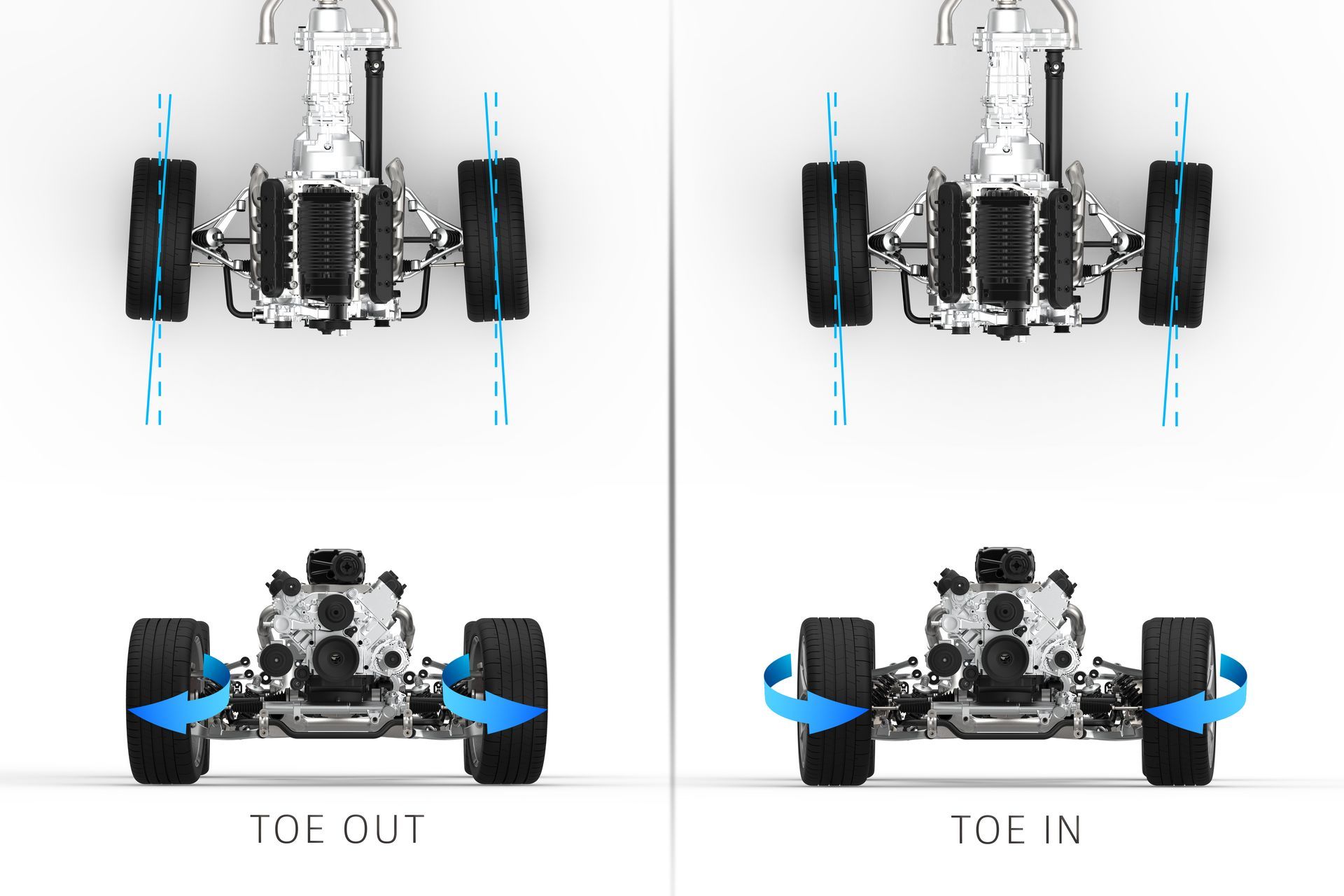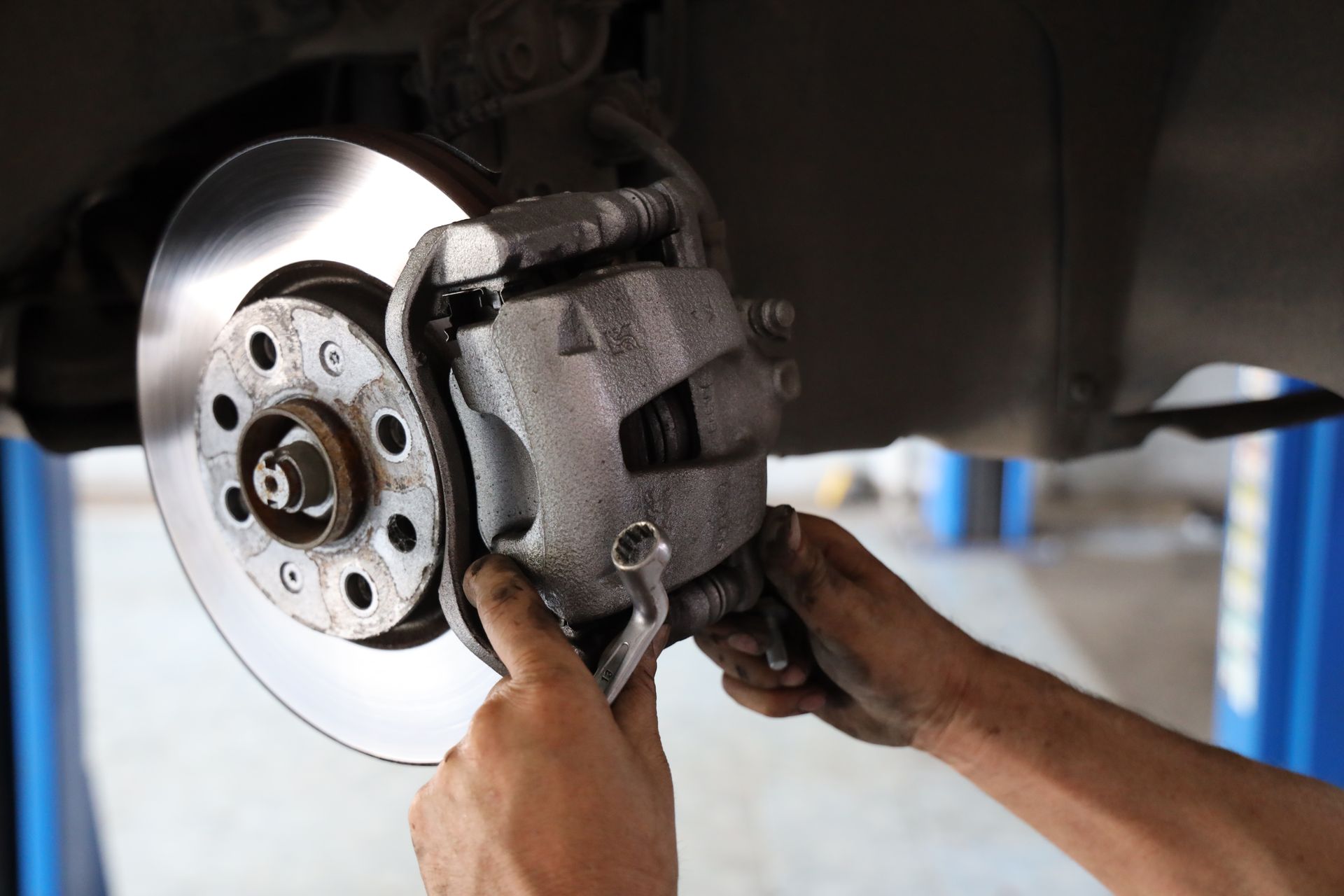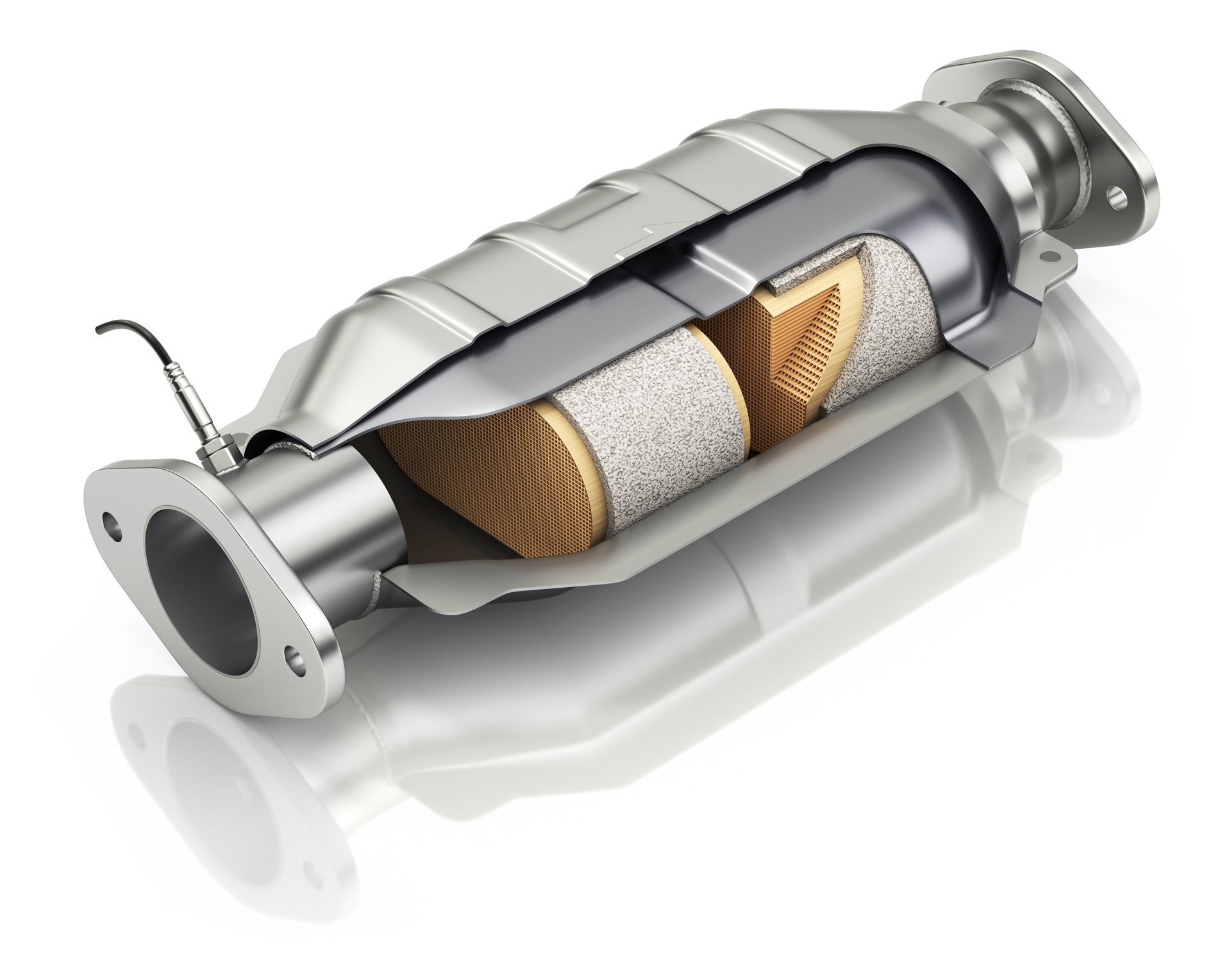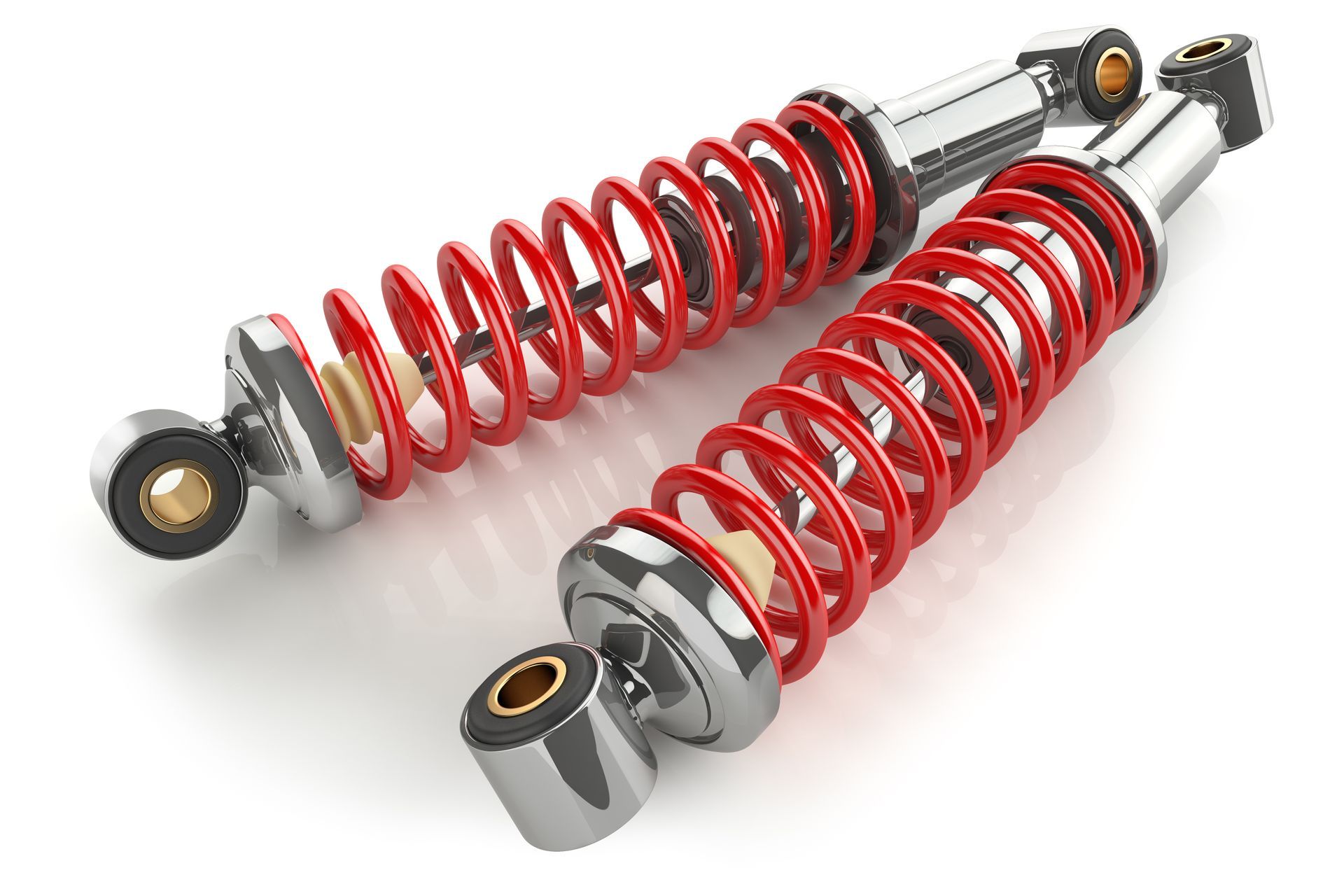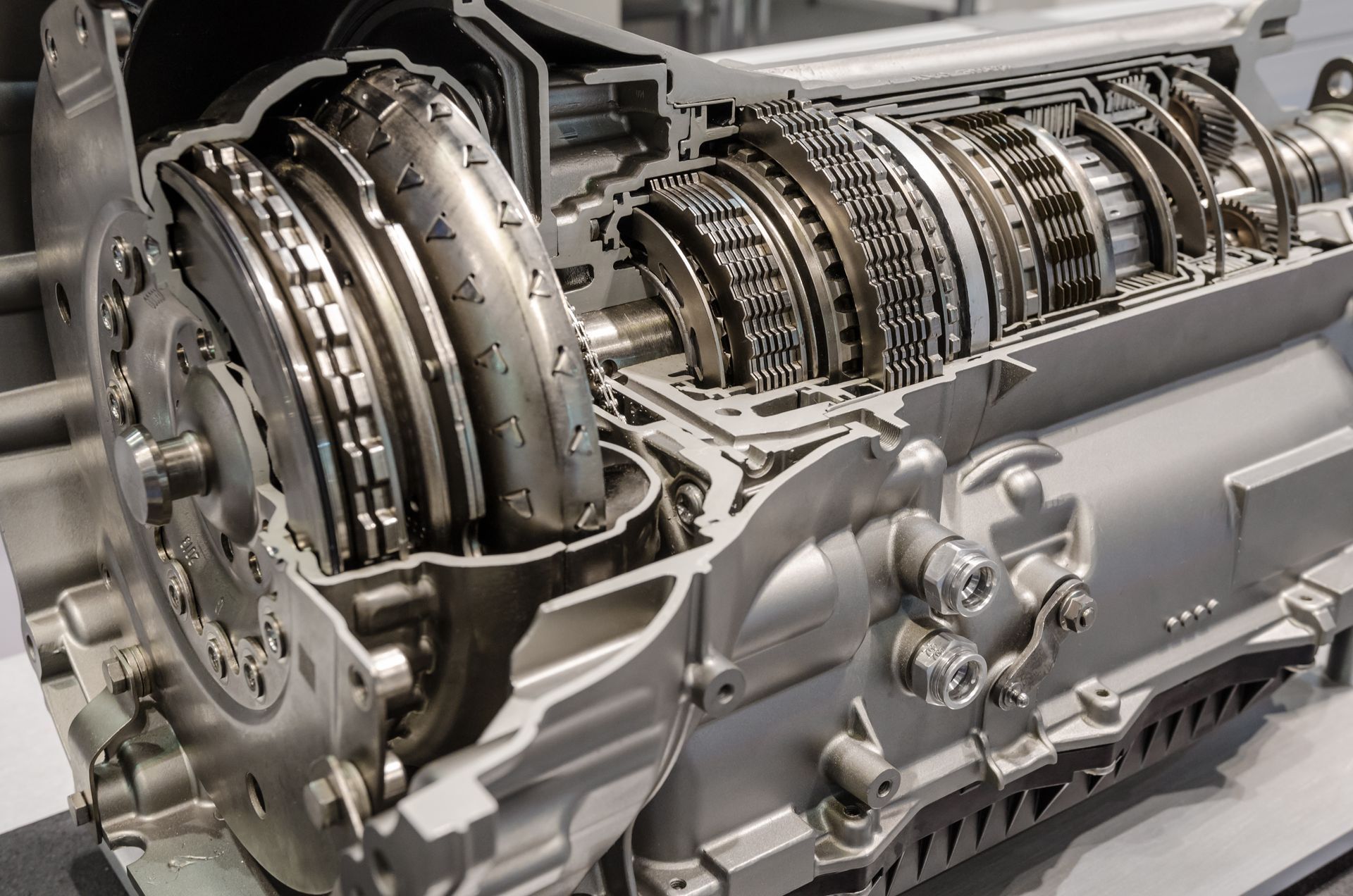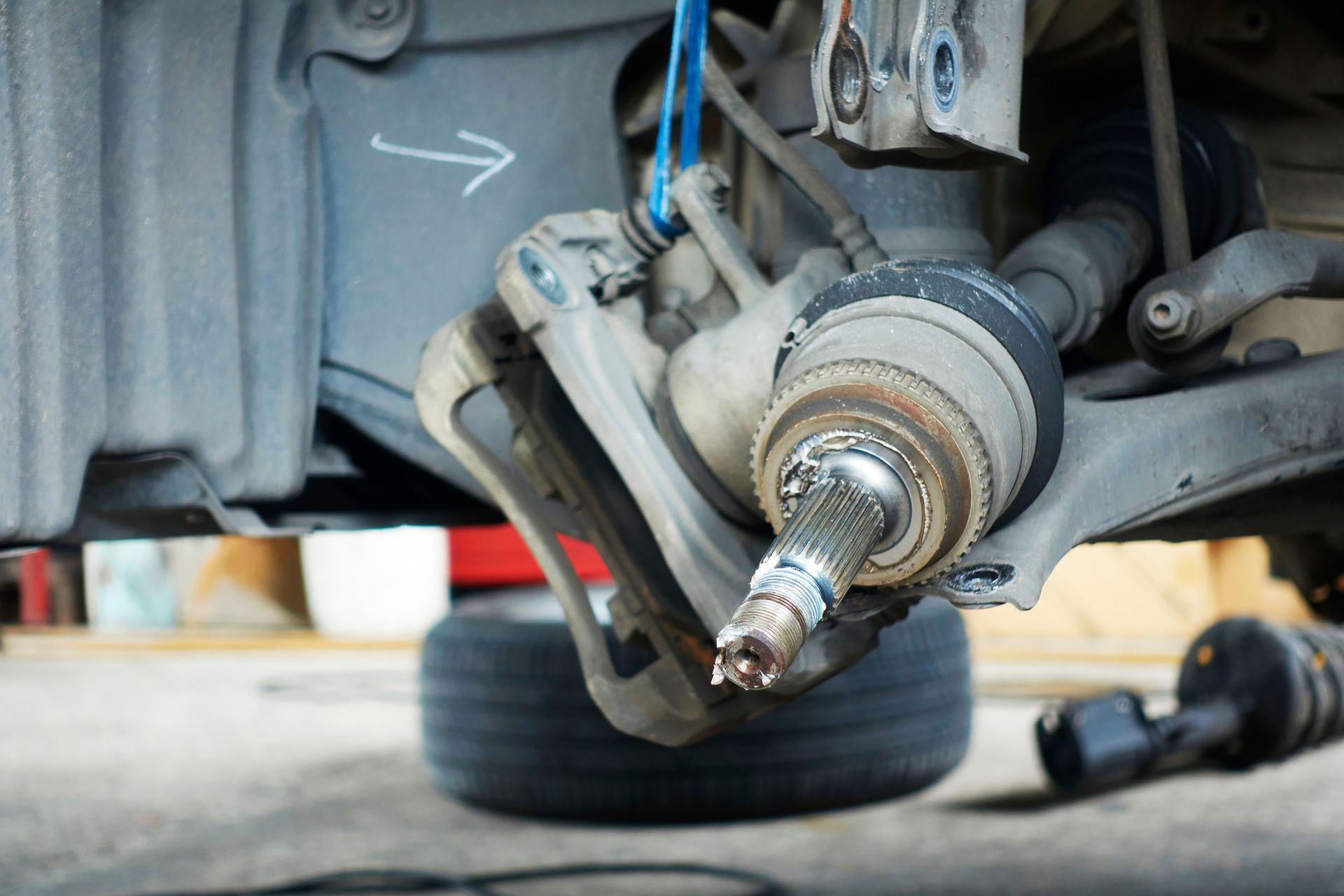When you're cruising along at a consistent speed, you expect your engine to behave predictably. But if you glance at the tachometer and notice the needle jumping, or if you feel the vehicle surging or slowing slightly without touching the pedals—that’s a sign your RPMs are fluctuating. It’s a problem that can feel subtle at first but may lead to drivability concerns or point to larger issues if left unresolved.
Common Causes of Fluctuating RPMs
Fluctuations in RPMs often indicate an imbalance in the fuel, air, or spark that keeps the engine running smoothly. One of the most common culprits is a dirty or faulty mass airflow sensor. This component measures the amount of air entering the engine and helps the computer determine the amount of fuel to inject. When it gives incorrect readings, the engine may respond with uneven acceleration or RPM changes.
A malfunctioning throttle position sensor can also lead to erratic RPM behavior. This sensor tells the engine how far the accelerator pedal is being pressed. If it misreads your input, the car may rev unexpectedly or lag behind your commands.
Another potential source is the transmission. In vehicles with automatic transmissions, a slipping transmission can cause the RPMs to rise without a corresponding increase in speed. This is especially noticeable when accelerating or climbing hills.
Vacuum Leaks and Idle Air Issues
If the engine is drawing in too much unmetered air, usually through a cracked hose or a leaking intake manifold gasket, it can throw off the air-fuel mixture and confuse the engine control unit. These leaks may cause the engine to surge or stumble at cruising speeds, especially when decelerating or coasting.
Problems with the idle air control valve can also affect RPMs, particularly during low-speed driving. Although this valve primarily regulates idle speed, a malfunctioning one can create inconsistencies at lower RPM ranges and during transitions between idle and motion.
Fuel System Irregularities
Fuel delivery issues, such as a clogged fuel filter, weak fuel pump, or dirty fuel injectors, can starve the engine of the fuel it needs under certain conditions. This can cause the RPMs to fluctuate unexpectedly, especially during acceleration. If your vehicle stumbles when climbing hills or trying to pass, the fuel system could be to blame.
In some cases, contaminated or poor-quality gasoline can also contribute to these symptoms. Water or debris in the tank can interfere with combustion and cause fluctuations.
Software and Sensor Problems
Modern vehicles rely on a network of sensors to keep the engine running efficiently. A glitch in the system in the engine control module or a corrupted software update can also result in inconsistent RPMs. Sometimes, a simple reflash of the vehicle's computer can resolve the issue if no hardware problem is found.
A faulty oxygen sensor may mislead the engine control system into adjusting fuel delivery unnecessarily, affecting RPM stability.
Is It Dangerous to Drive With Fluctuating RPMs
If the RPMs only change slightly and the vehicle drives normally, you may be able to continue safely for a short time. However, fluctuations often worsen over time and can lead to hesitation, rough shifting, stalling, or even engine damage if ignored.
Any noticeable surging or stumbling should be checked by a technician, especially if accompanied by a check engine light, odd sounds, or loss of power.
Get Smooth Performance Back With Help From Barsh Auto in Conroe and New Waverly, TX
Fluctuating RPMs are your vehicle’s way of signaling that something isn’t quite right. Whether it’s a sensor, vacuum leak, or transmission issue, diagnosing the root cause early can prevent bigger repairs later.
Call
Barsh Auto in Conroe or New Waverly, TX, today to schedule a diagnostic and bring smooth acceleration back to your drive.

